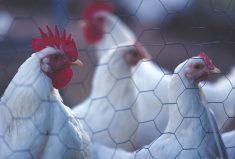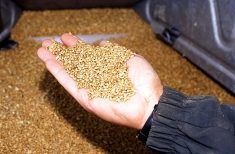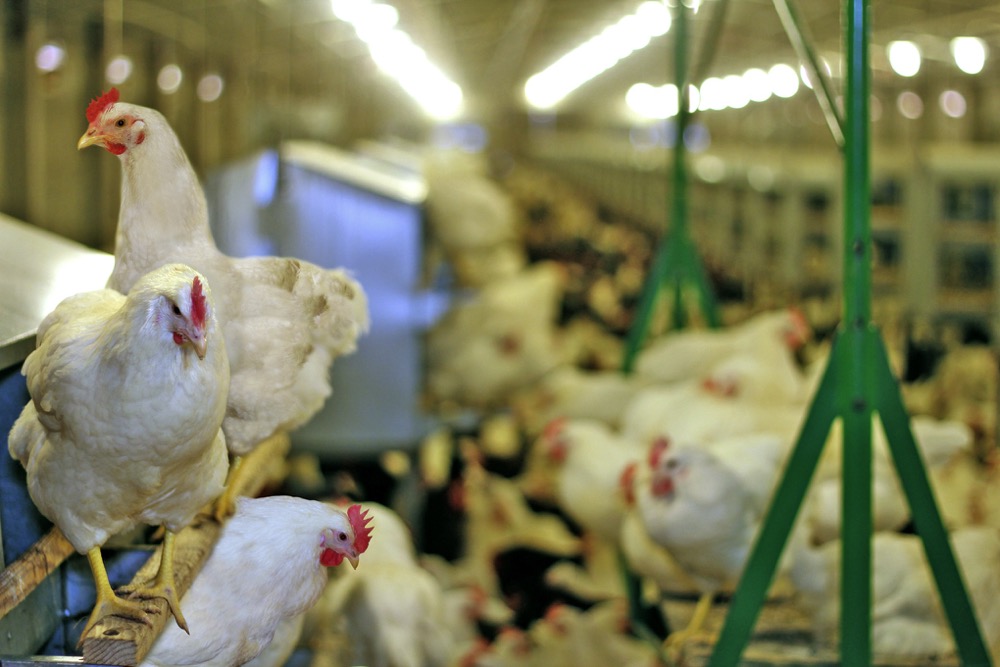Rapeseed crops in France have suffered from cold snaps and pest attacks to the extent that a significant number of fields will be reseeded with other crops, although it is too early to quantify, French farm office FranceAgriMer said March 10.
This comes as worldwide supplies of the oilseed crop are already scarce, helping to send Euronext rapeseed futures to record highs earlier in the week.
“There had already been less (rapeseed) sown this year. Now for those fields that were sown, quite a few will be dug up or will see lower yield potential,” Benoit Pietrement, a farmer and head of FranceAgriMer’s crop committee, told reporters.
Read Also

Manitoba canola industry has new frontiers
Canola oil is still the main priority for the sector, but canola meal is increasingly the subject of research looking for new markets and uses for the oilseed’s byproduct.
Most would be reseeded with spring barley, he said.
In its latest outlook released early February, the French Farm Ministry cut its estimate for the 2021 winter rapeseed area to one million hectares from the 1.13 million seen in December. The new forecast would be 9.8 per cent below the previous year and the smallest rapeseed area since 1997.
Oilseed technical institute Terres Inovia estimates the rapeseed area this year will fall to around 950,000 hectares, while traders also expect it will be slightly below one million hectares.
As in some other European countries, farmers in France are facing a third disappointing harvest in a row this year, as drought at sowing time and insect damage during the growing season have become recurrent.
“Rapeseed production has been difficult for several years (in France), it will not get better this winter,” Pietrement said.
Cereal crops were mostly in good condition, with no limiting factors for yields identified so far, FranceAgriMer said.
“The feedback is reassuring,” Catherine Cauchard, head of FranceAgriMer’s crop monitoring service, said, adding that both frosts and excess rainfall had only also caused limited damage.


















